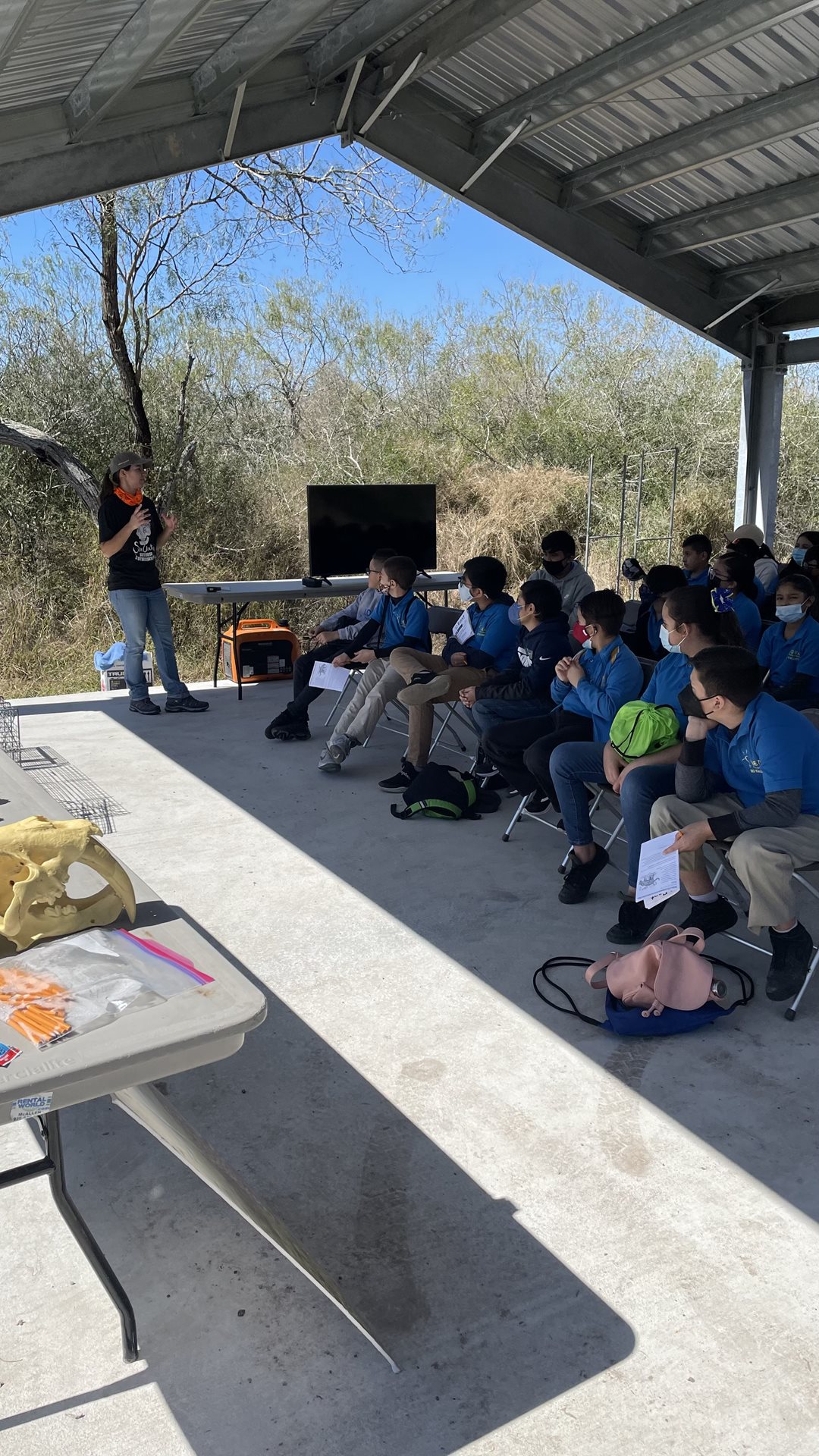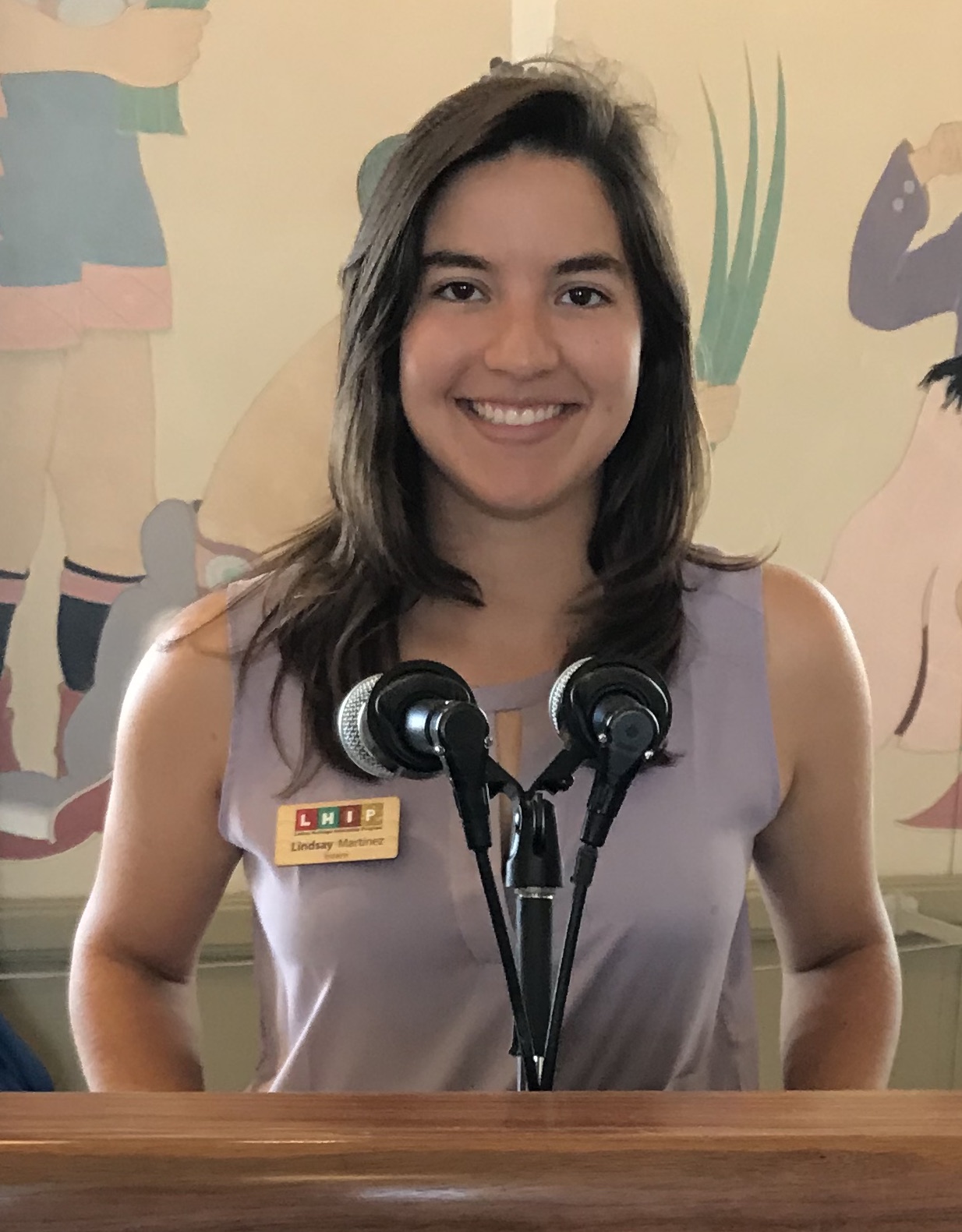October 2022

Graduate Scool Funding Opportunities
Lindsay Martinez
Before I began my journey applying to Texas A&M, I always thought that you had to pay for master’s degrees. I knew that doctoral students had stipends to support them while they did their classwork and research to earn their degree. But I always assumed that master’s degrees would cost lots of tuition money, just like college, and it would be necessary to weigh the costs of getting that degree against the benefits it would deliver.
What I found out before beginning my master’s degree was that one can receive financial support for grad school tuition and for living expenses through a variety of programs. For example, master’s students who conduct research projects, just like PhD students do, usually are in funded positions. In my case, I am working on a research project with many partner organizations to investigate the feasibility of reintroducing a population of federally endangered ocelots back into some of the habitat that the small cat formerly occupied in Texas. (You can find out more about my graduate project at RecoverTexasOcelots.org). Another way to receive
financial support for graduate school is to serve as a teaching assistant to a professor in your department. Finally, there are a variety of university or department fellowship programs that can provide assistance with tuition as well as stipends.
I am part of the Texas A&M Dr. Dionel Avilés ’53 and Dr. James Johnson ’67 Graduate Fellowship Program. I am grateful that this program has allowed me to fully commit myself to being a full-time master’s student at Texas A&M. From this program, I have all the financial support to take interesting courses for my degree and to conduct my research without feeling financial stress. I’m also grateful to my graduate advisor and other supporters who helped me earn this Fellowship. Part of the aim of the Avilés-Johnson program is to support students who come from underrepresented backgrounds in their field. As a woman with Hispanic heritage, I
am proud to be bringing a unique perspective to the field of wildlife management and conservation. During graduate school, I have taken time to volunteer at educational programs in South Texas that provide field trip opportunities to majority Hispanic schools. These programs allow students to learn about land stewardship. This October, I will be spending a full week at a ranch in South Texas to teach students about endangered species as part of the “Behind the Gates” field education program created by the East Foundation. I hope that while I have the opportunity to work as an Avilés-Johnson Fellow, I will have a positive impact on the Texas A&M community, on wildlife conservation, and on the next generation! (Whether they become Aggies, wildlife conservationists, or something else)
The Aviles-Johnson Fellowship does more than just provide financial support to me. The program also encouraged me to take advantage of different resources at Texas A&M to further invest in myself. For example, I participated in the Graduate Resources and Development for Aggies (GRAD Aggies) program in my first year of graduate school. Through this program, I attended workshops offered by a variety of TAMU offices and ultimately earned basic, intermediate, and advanced certificates in professional development. I also worked on creating an Individual Development Plan, which forced me to clearly write down different goals and propose a timeline for achieving them. This year, I am working on finishing all seven competencies from the Texas A&M Graduate Mentoring Academy. In this program, I am learning information about how to be a good mentor to others and how to get the most of my own experiences being a mentee during graduate school.
I hope that anyone who sees this blog and is beginning to look into opportunities at graduate school will look into the full suite of opportunities that are out there to support them as they seek to further their education.
